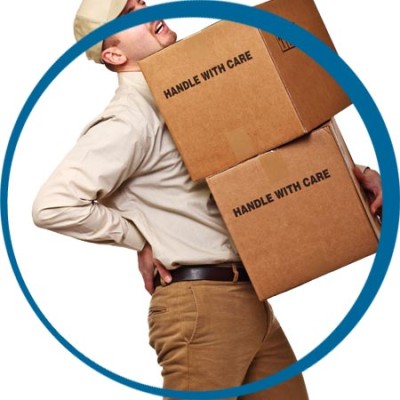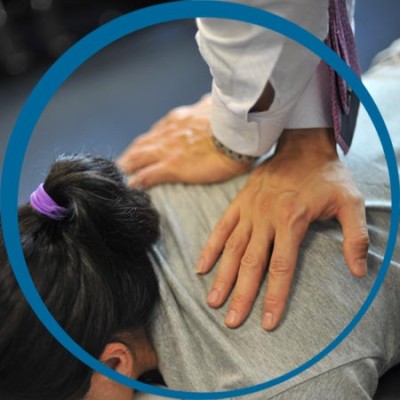Herniated disc, or often known as slipped disc, occurs when the disc’s outer layer ruptures, allowing the inner soft substance to be displaced and protrude out, commonly irritating or pinching the spinal nerve. While a slipped disc can occur in any disc in the spine, the two most common are lumbar disc herniation (lower back) and cervical disc herniation (neck).
What are the symptoms of a slipped disc?
“Pain from a slipped disc tends to radiate down one or both arms or to the buttocks and legs, depending on which level of the spinal discs are affected. This condition may be referred to as cervical radiculopathy or lumbar radiculopathy, respectively,” says Dr. Richard S.W. Pang, D.C., Group Director at Chiropractic Solutions Group (CSG). Other symptoms include:

What causes the disc to rupture?
Strenuous physical activity, a traumatic injury such as when lifting or Degenerative Disc Disease (DDD) can cause the disc to weaken and tear which increases the risk of disc rupture. Other contributing factors that could weaken and tear the disc are long-term spine misalignment or poor posture habits, prolonged inactivity, poor nutrition and chronic psychological stress.

How can a chiropractor help?
A mild slipped disc may self-heal within 6 to 8 weeks, but it is important to consult a professional to properly evaluate your case. While pain killers, anti-inflammation medications and muscle relaxants may temporarily relieve your symptoms, it is important to identify and address the underlying cause. Our highly trained and licensed chiropractors will thoroughly examine your spine and identify the major factors that may have contributed to your premature ruptured disc, such as chronic spine misalignment, to prevent permanent damage and further deterioration.
Chiropractic spinal adjustments are a drug-free, safe and effective form of initial professional treatment for low back problems. Join the millions of people worldwide who have not only found relief from back pain but a pathway to Full Potential Living through chiropractic care.

